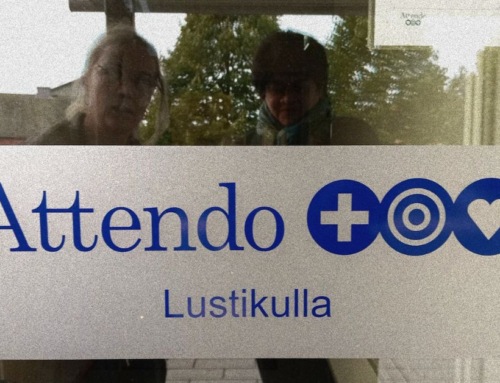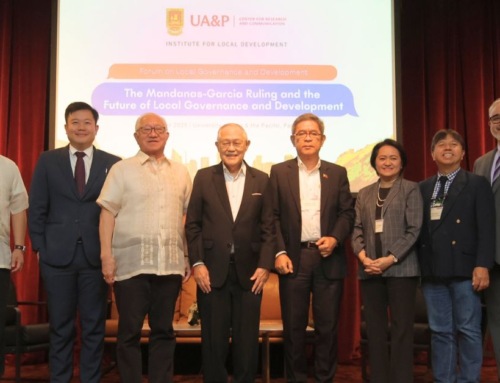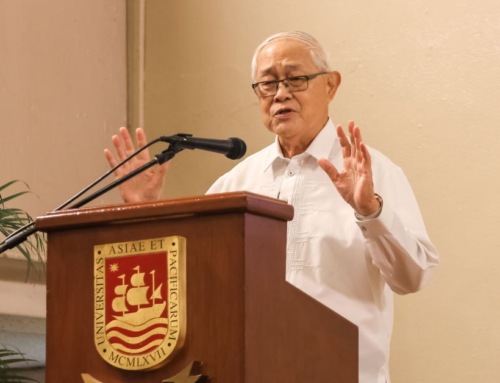When global leaders, top businessmen or executives talk about jobs post-COVID-19 pandemic, there is emphasis on technology, Work from Home, service with minimal physical contact, webinar meetings, acceleration of the pace of digital transformation, access to new platforms and digital marketplaces. They warn that there will be new ways of customer service and product delivery in the ‘new normal’ and the traditional industry boundaries will no longer be efficient.
Are our OFWs ready for work in this ‘new normal’?
Let us examine their capabilities and potentials. POEA statistics show that from 2014 to 2015, the deployed new hire landbased OFWs were mostly in elementary occupations – jobs with simple and routine tasks requiring the use of hand-held tools and physical effort. There was an increase in the top skills, where Household Service Workers (HSW) increased by 7.51%; Manufacturing laborers decreased by 10.76%; and Nursing professionals increased by 17.96%.
In 2019, remittances from OFWs reached the highest in record with US$ 33.5 billion, 3.9% higher than the US$32.2 billion in 2018 (BSP).
Then came COVID-19 pandemic. In less than two months, the socio-economic landscape of the Philippines as well as the countries that it supplies manpower to through its overseas employment program, turned flat, if not suffered a downward trend.
Globally, physical distancing has rendered many small-business jobs vulnerable, particularly in accommodations and food services, construction, retail trade, manufacturing, and personal services – the industries that do not require high education and offer low wages. This is where we find millions of OFWs.
Majority of our OFWs are in work that require them to be with people such as care for the elderly, the sick and children, baby sitting; selling goods in streets and public places; or serving customers in restaurants, cruise ships. Many others perform tasks that are essential to daily living such as cleaning, washing, and care of apartment houses, hotels, offices and other buildings. They are also in goods production, construction, and manufacturing of products used by people.
Will their skills be needed after the COVID-19 pandemic? Let us look into one concrete example. Before the outbreak of the disease, Japan identified 14 labor sectors needing low-skilled workers in the next five years. A legislation to this effect was approved by Prime Minister Shinzo Abe. This includes nursing care and building cleaning, agriculture, fishing industry, food and drink manufacturing and seafood processing, and restaurant, materials, industrial machinery, electronics and electrical equipment industries, construction, ship building / marine industry, car maintenance, airport ground handling, aircraft maintenance, and lodging / hospitality.
There is no doubt that Filipino workers can fill in these jobs. Skills-wise, we can learn fast and work with efficiency. We have vocational / technical training or some college education that prepare us for handling materials and perform operational processes. We need a few months though, to learn the Japanese language appropriate to the workplace and for survival in the Japanese community. And the climate? We will adapt to it without even trying hard.
So what problems come with work in the ‘new normal?”
Office workers will be regulated from entry, while at work and before exit. Work will now include Standard Operating Procedures, Health safety checks, Social Distancing guidelines and others that may be imposed by government to secure the safety and health of everyone. Office work will definitely be a challenge especially where supervision and monitoring are minimal despite the demand for maximum outputs.
Work schedule will be flexible, possibly workers will take turns in reporting to the workplace so that only a few are physically present while others Work from Home. This requires skills in the use of technology, ability to synchronize work with others, good communication skills, frequent Webinar meetings and strong internet connection. More important is the ability to focus for long hours on work while sitting at home, unbothered by domestic concerns.
The guidelines, procedures, and restrictions imposed to prevent the spread of any disease will prevent workers from physical contact with employers, clients, and people in general. Employers will not feel secure having a foreign workers to do domestic work in their household to take care of their children, cook their food, or clean their personal belongings in their house. The only push for this is when they have to go out to work and need help in managing the home.
The Household Service Workers will always be working indoor with the employer’s family. There will be in-house rules that suit the movement of the residents, and Day Off will be highly regulated, if not restricted because of fear of unsafe public exposure.
Restaurants will have fewer seats and food services will be mostly To Go or for Delivery. Bars and coffee shops will be re-designed to prevent socialization. Hotels and cruise ships will be empty and the few guests will not have a mindset of fun and comfort. Elevators will make more trips because of social distancing. As public gathering is also restricted, conferences, religious activities and concerts will be online. As in the past, air, land and sea transport will not be too accessible. Transportation will have fewer passengers and travel, slower and longer because of health checkpoints.
Work in restaurants from marketing, cooking, catering, serving, and cleaning will not be in high demand; buy and sell will be online; food delivery service will be mostly for men, requiring physical stamina and motorcycle driving skills. Beauty parlor, massage, and spa will be regulated because of social distancing.
Job opportunities in mining, manufacturing and transport will be low after the pandemic because funds will be channeled to health services and basic needs. Government itself will slow down on construction of roads and bridges and may build more health centers, clinics and satellite hospitals. Private construction will take longer due to lack of funds, thus wage for carpenters, plumbers, welders, foremen, mason workers may be less than the daily wage.
Food products will always be in demand. Those in food production will be like health workers, dressed in Personal Protective Equipment required by Food Security standards.
What about agriculture, fishing, animal husbandry and forestry? This is where space is of great value and social distancing will not be a big concern. However, there will be heavy use of equipment and technology demanding skilled operators rather than hands-on farmers and other workers. Thus, training for skills and tool / equipment operation is essential.
The demand for different types of health workers in hospitals, health centers, community health service, senior homes, hospices and mental health facilities will increase everywhere. The limitations imposed by structure, health facilities and equipment will make it inevitable to train families for home health care and prepare them for disease prevention and spread.
Yes, our OFWs will have to deal with precarious employment conditions, irregular income, as well as limited health insurance and social security coverage. They will have to accept and abide by rules and standard operating procedures. They will also need a lot of patience in learning the use of new digital apps and will have to be content with audio-visual communication via gadgets.
———————————————————–———————————————————–——————————
Learn more about CRC’s contributions in Migration and Overseas Filipino Work. In this field, CRC has brought about in-depth insight into the lives of the millions Filipino migrant workers whose contributions make a sizeable chunk of the Philippine economy – from their education and recruitment in the Philippines to their concerns and life strategies while working overseas, to their successful reintegration upon returning to the country.
The Bank of the Philippine Islands (BPI) Foundation, Inc., established the BPI Professorial Chair for Migration and Overseas Filipino Work (MOFW) on February 3, 2014. For years, the holder of the professorial chair has been undertaking intensive research on migration and development to guide policy makers, and publish teaching resource materials on the integration of migration into the K-12 Basic Education Curriculum subjects.
To find out more about CRC, send an email to [email protected], or message +639054280727, or follow us on LinkedIn. You can also find us on Facebook.






